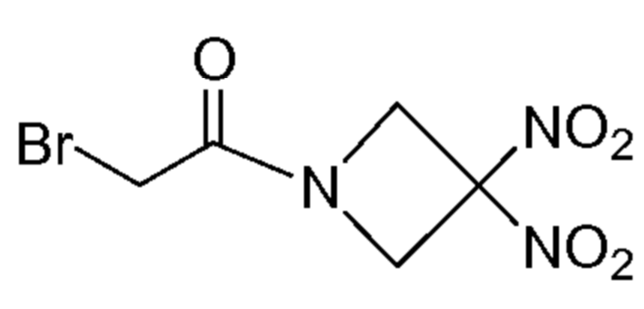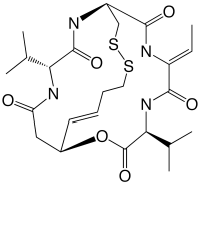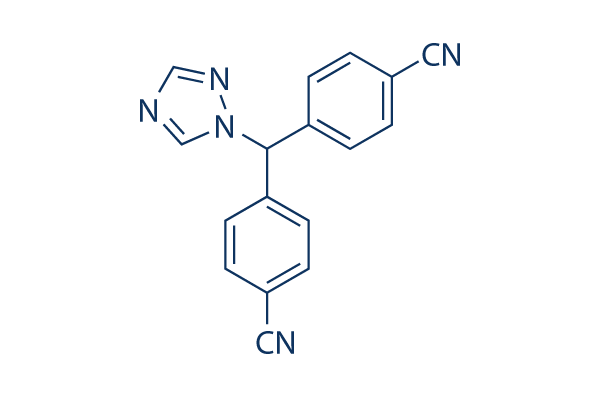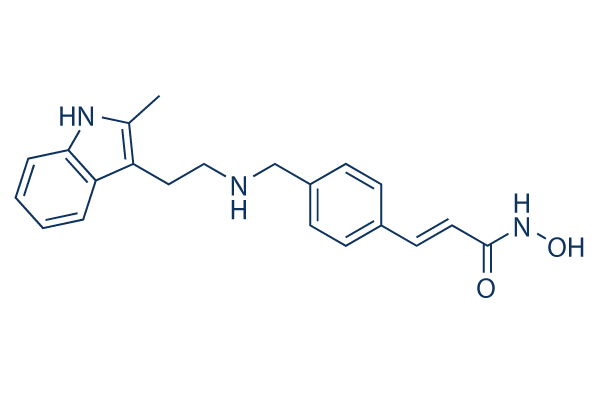This page contains succinct summaries of recently published research in clinical cancer epigenetics . The information posted here is frequently updated, so please bookmark this page and visit us often to read the latest news at your leisure.
Latest on histone-mediated clinical cancer epigenetics
Clinical Cancer Epigenetics: Promising results for RRx-001 in a Phase I clinical trial. RRx-001, a hypoxia-activated drug, epigenetically modulates DNA methylation, histone deacetylation, and lysine demethylation. The aim of this phase 1 study was to assess the safety, tolerability, and pharmacokinetics of RRx-001. The investigators report in an open-label, dose-escalation, phase 1 study, the toxicity and activity of RRx-001 on 21 patients with various solid tumors. The authors report no dose-limiting toxicities, a patient with partial response, and 14 patients with stable disease. In addition, 4 patients refractory to chemotherapy became responders after treatment with RRx-001 (Tony Reid, University of California at San Diego, San Diego, CA, USA).
Clinical Cancer Epigenetics: Evaluation of Romidepsin as a cancer epigenetics monotherapy for T-cell lymphomas. Following promising results in several lymphoma clinical trials, investigators tested in a multicenter retrospective study the histone deacetylase inhibitor (HDACi) romidepsin on 33 relapsed/refractory T-cell lymphoma (TCLs) patients. They find in this small cohort an overall response rate (ORR) of 24.2%, which increases to 35.7% in patients with cutaneous T-cell lymphomas. Overall survival (OS) at 30 months for all patients in the study was 39.3%. There were no observed specific differences in both hematological and extra-hematological adverse events, suggesting the relative safety of romidepsin as monotherapy in T-cell lymphoma patients (Pier Luigi Zinzani et al., University of Bologna, Bologna, Italy).
Clinical Cancer Epigenetics: Cancer epigenetics therapy improves breast cancer response to hormone therapy. About half of postmenopausal women with estrogen receptor ERα-positive breast cancer become resistant to selective estrogen receptor modulators (SERMs) such as tamoxifen®, or aromatase (estrogen synthase) inhibitors such as letrozole®. Panobinostat is a pan-HDAC inhibitor that was shown to increase sensitivity of estrogen-resistant breast cancer cell lines in vitro. Here the investigators show that a 3-times a week 30 mg oral administration of Panobinostat improves response to 20 mg oral administration of letrozole in postmenopausal metastatic breast cancer patients (Winston Tan et al., Mayo Clinic, Jacksonville, FA, USA).
Clinical Cancer Epigenetics: Multimodal chemotherapy improves multiple myeloma patient’s survival. Panobinostat is an HDAC1, 2, 3, and 6 inhibitor that inhibits growth of multiple myeloma (MM) cells in vitro. While recent advances in MM treatment focused on proteasome inhibitors (e.g. bortezomib) and immunomodulators such as thalidomide, lenalidomide, and pomalidomide, here the authors show that, depending on the type of treatment that patients had previously undergone, a panobinostat-bortezomib-dexamethasone combo improves progression-free survival (PFS) of patients with relapsed or relapsed and refractory MM. Overall, median PFS for patients who already had two or more prior treatment regimen increased from 4.7-7.4 months to 10.6-12.5 months (Paul Richardson et al., Dana Farber Cancer Institute, Boston, MA, USA).
Latest on DNA-mediated clinical cancer epigenetics

Clinical Cancer Epigenetics: Suppressing the suppressor in breast cancer metastasis. Serum Deprivation Response gene or SDPR, localized on 2q32-33, a chromosomal region often associated with loss of heterozygosity in breast cancer, was shown for the first time to serve as a breast cancer metastasis suppressor. SDPR is silenced by promoter DNA methylation in breast cancer cells, and loss of SDPR expression correlates with increased metastasis and relapse in breast cancer patients (Sam Thiagalingam and coll., Boston University School of Medicine, Boston, MA, USA).







